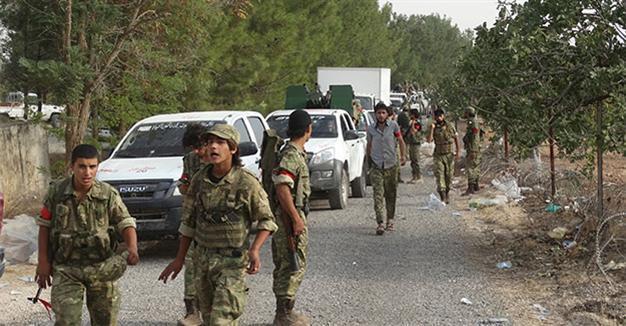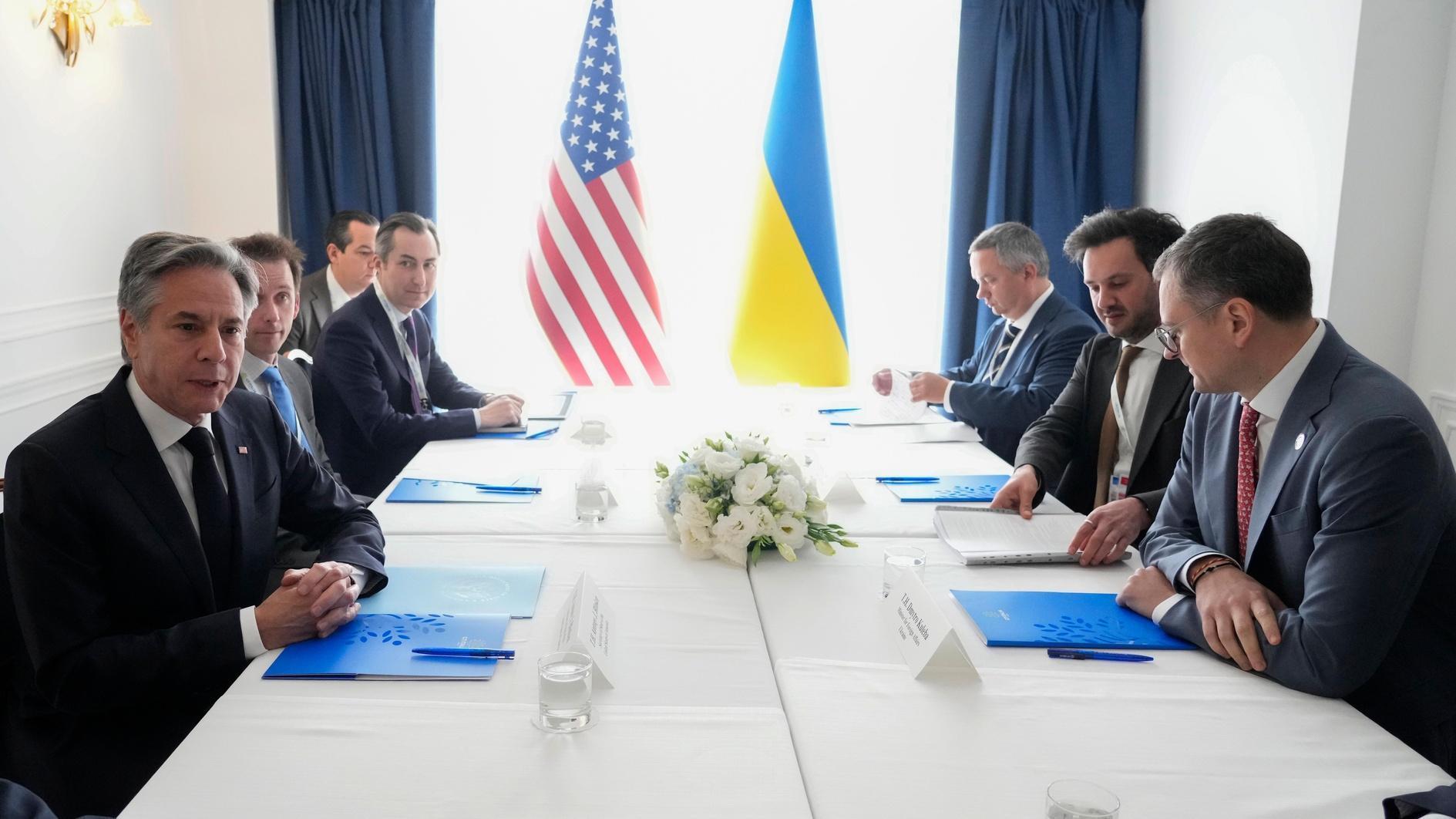Turkish operation in Syria ‘stalled for over two years’ due to FETÖ-linked soldiers
Emine Kart - ANKARA

Free Syrian Army fighters walk past their vehicles as they head towards Jarablus, Syria, during an offensive against Islamic State militants, August 24, 2016. REUTERS photo
Elements in the Turkish military with ties to the Fethullahist Terrorist Organization (FETO) worked to stall Turkey’s operation in the northern Syrian city of Jarablus for over two years, a senior official has told the Hurriyet Daily News.“The Turkish government has been working on a ground incursion for more than two years. We came close to putting boots on the ground there for over two years. In June 2015, Turkey discussed with coalition allies, including the United States, the possibility of a ground incursion to liberate Jarablus from the jihadists,” the official said on Aug. 26, requesting anonymity due to sensitivity of the matter.
Contingency plans were drawn up as a first step toward military action, the official said, but “certain commanders within the military worked to stall Turkey’s plan to move” against the Islamic State of Iraq and the Levant (ISIL).
“They came up with excuses, such as a lack of military capability, to make it impossible for the government to move forward,” the official said.
As the plan heavily relied on the Special Forces, Semih Terzi, the special ops commander in charge of operations at Syiran border who was shot dead during the failed coup attempt, was one of the officials who were in a position to stall the process.
Turkey’s Special Forces commander, Lieutenant General Zekai Aksakallı, is currently conducting the Euphrates Shield operation to back Syrian rebels who have seized Jarablus and several villages from ISIL.
Aksakallı was recently promoted to this rank by the Supreme Military Council (YAŞ), chaired by Prime Minister Binali Yıldırım, in its first meeting since the failed coup attempt of July 15.
Aksakallı, in his former capacity as major general, played a key role in the defeat of the attempted coup after realizing that his deputy, Brigadier General Terzi, was an active member of the junta.
Aksakallı got trapped inside the Special Forces HQ as the plot was underway, after which he phoned his bodyguard, Sergeant Major Ömer Halisdemir, who was outside the building. Aksakallı told Halisdemir that Terzi was a traitor and said Halisdemir should stop him from entering the building. Halisdemir shot Terzi, before being killed by the coup soldiers.
“Obviously, the liberation of Jarabulus by the Turkish military and the Free Syrian Army is proof that our troops were always up to the task,” the source told the Hürriyet Daily News.
Ankara-backed Free Syrian Army (FSA) fighters in a joint operation with the U.S.-led coalition took control in Jarablus on Aug. 24.
The jet-downing crisis with Russia, recently resolved by Ankara and Moscow, also played a role in the delay.
“After the downing of a Russian jet in November 2015, it became practically impossible to implement our plans due to a lack of air cover. It wasn’t until the recent rapprochement with Russia, in this sense, that the ground incursion could practically go forward,” the source said.
“In our discussions with U.S. officials last year, it became clear that Washington did not believe Turkey’s plan to be feasible. Their basic argument was that the number of moderate rebels was simply not enough to perform the task of liberating Jarablus and other parts of Northern Syria,” he added.
The source declined to comment on U.S. motivations, but said “two concrete steps were important.”
“We provided a list of moderate fighters to the White House in March and made the case that this group would be able to get the job done,” he said, adding that the second reason was the recent Turkish rapprochement with Russia.
















